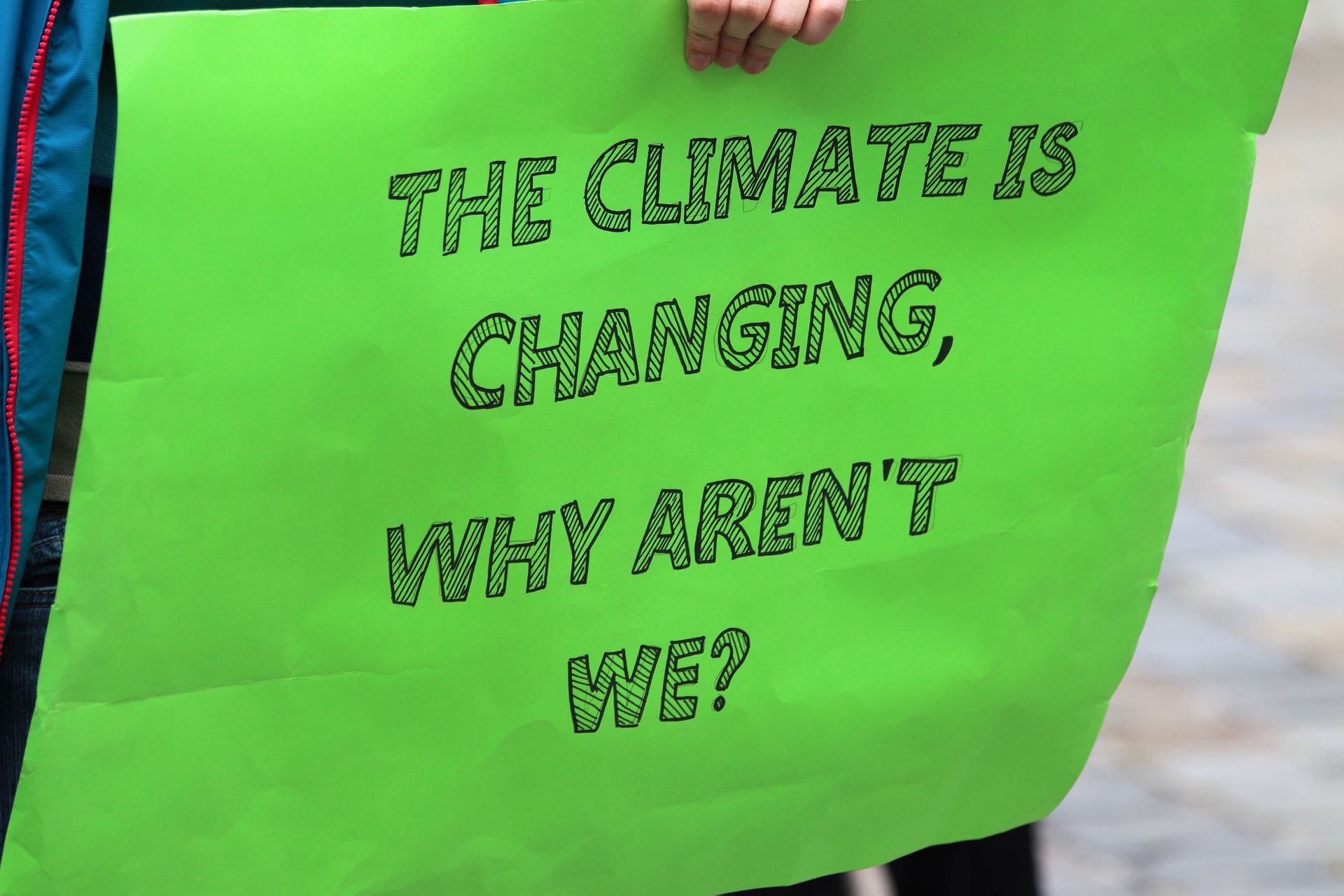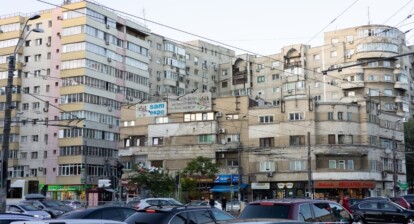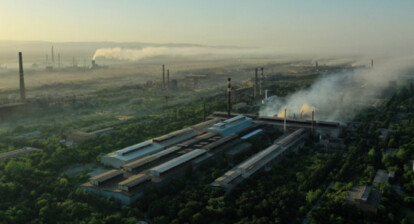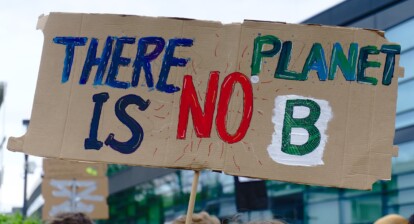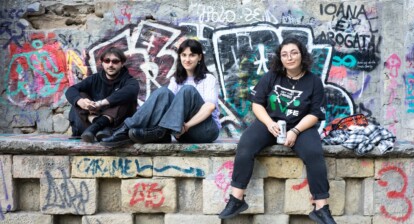“Fridays for future” have become part of students’ weekly routine in some Western European countries. Collins Dictionary even crowned “climate strike” word of the year 2019. In South-Eastern Europe, however, this trend does not look exactly the same. Our authors Kyriakos (Greece), Simona (Romania), and Liliana (Bulgaria) share insights into the debates on climate and global warming in their home countries. This week we’re off to Romania’s capital Bucharest to hear from Simona!
„Step by step, and with the community’s involvement, the change is possible, even in small countries, such as mine.“ – Simona
High level politics
Thanks to the political changes Romania has undergone in the last few years, plans and projects (including the ones at the Ministry of Environment and Climate Change) were elaborated and reworked constantly, and not enough time has passed to notice a visible change in this regard. One thing is certain – Romanians put more and more emphasis on climate change, climate warming in Romania, nature protection, pollution and waste management, which I consider to be the first and most important steps towards an actual proper leadership. The Government of Romania has developed projects in collaboration with the Ministry of Environment and Climate Change, including a national strategy on climate change, the main goal of which is to reduce greenhouse gas emissions and to appropriately adapt to the already existing climate change. Overall, the changes in politics I’m noticing since the beginning of 2019 are going in the right direction. Step by step, and with the community’s involvement, the change is possible, even in small countries, such as mine.
Education
Climate education not being part of the educational curricula means that the knowledge is not transmitted in schools. I’m sure that if the citizens were interested enough to find out about some of the effects, they would have been more concerned and would have taken action.
In comparison, youngsters in Western countries receive proper education in schools and carry out environmental volunteering activities. In my opinion, education and resources are the key factors that make all the difference between us. What’s important is the way you educate your people and how you involve them in important society matters. In addition, every country prioritizes some topics over others.
National psychology
The limited power and fame of Romania makes citizens doubt the impact their actions could possibly have. They prefer to let the Great Powers take the initiative. In the meantime, due to the current state of the national industry, there’s a shortage of state revenues necessary to take action in the field of climate change.
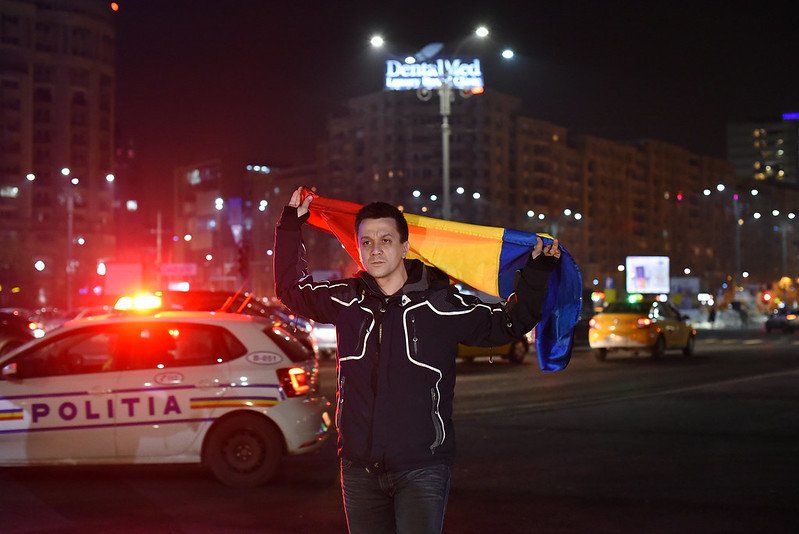
Romania: Protest against Emergency Ordinances, Paul Arne Wagner, https://bit.ly/3002p3M , ( CC BY-NC-ND 2.0)
Romanians tend to express their opinion via online instruments and petitions. Protests are also a widely used instrument over the years; however, the reasons behind them are mainly related to employment and corruption excess. The lasting political crises that has been going on in the past few years should be taken into consideration. The constant change of ministers, political parties in power and the amendments of adopted laws are a matter concern for all citizens, and precisely what arouses their attention. After all, the economy and the proper functioning of the country depends on it.
Media coverage
The process of mediatization made Greta Thunberg known among youngsters and middle-aged people. She used to be promoted on media channels and regarded as a young girl with huge aspirations. This positive image has the power to inspire teenagers to get involved, with the leading message being that one’s ability to make a change doesn’t revolve around the number on the cake.
In March this year, Greta even sent a direct message to Nationals of Romania, asking them to take action for climate warming and to protest against „the largest operation of illegal logging“ in the country. Her message had an impact, but it wasn’t as big as in other countries.
Еven though she is known and her movement is somewhat significant in my country, it’s not significant enough in order for people to actually follow her steps and actively protect the environment. It’s a matter of society’s superficiality.

